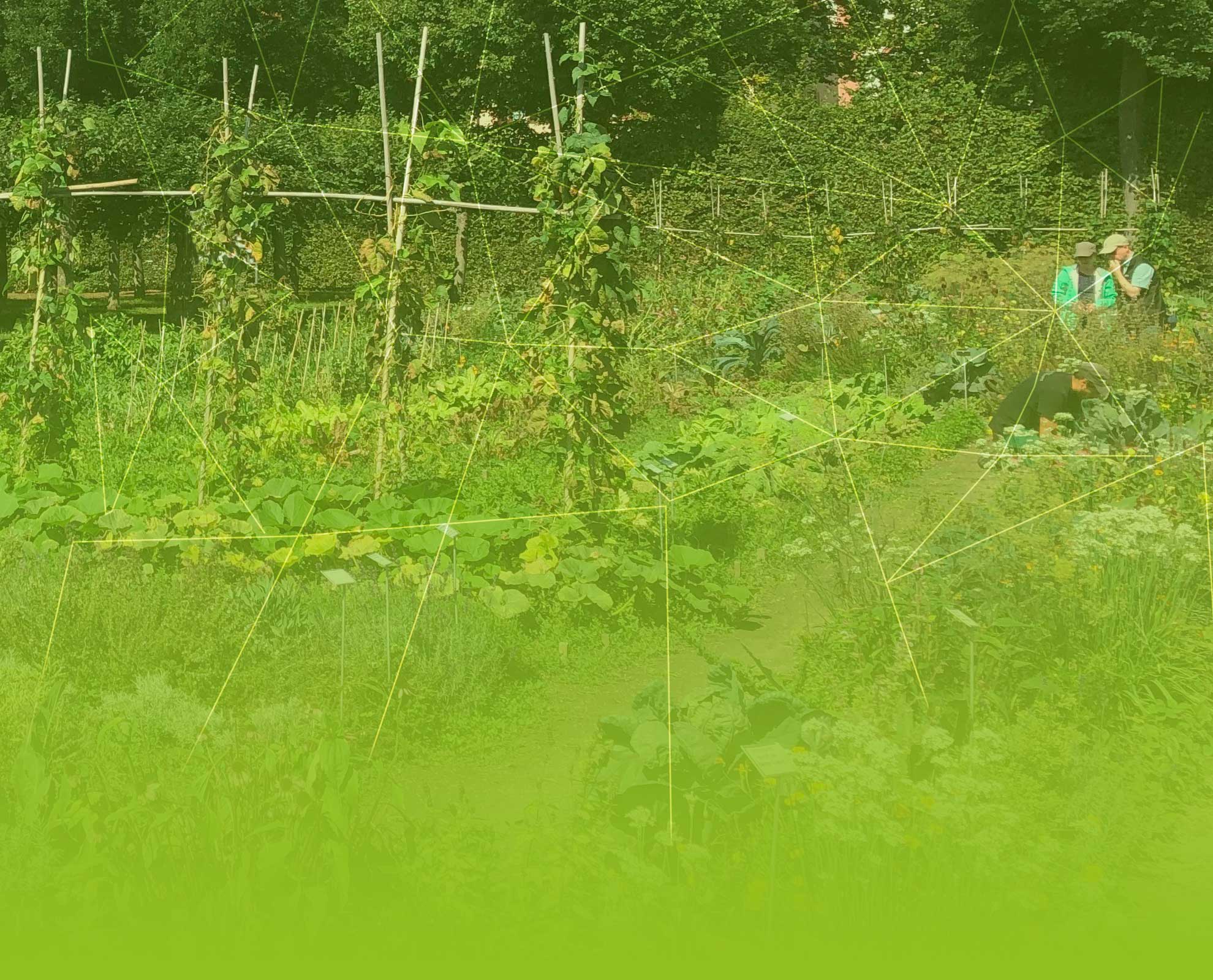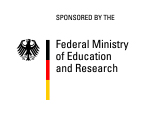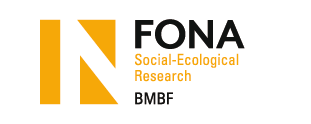30 projects, one goal: Scientists from various disciplines ranging from bio chemistry to philosophy are researching how our economy could be more sustainable. There is no getting around this shift if our natural resources are to be maintained long-term. But can this be done?
30 ambitious research projects are now searching for answers. Supported by the federal Ministry for education and Research (Bundesministerium für Bildung und Forschung, BMBF) within the Social-Ecological Research (SÖF) program, these projects are coordinated by Ecologic Institute, Fraunhofer Institute for System and Innovation Research (ISI) and the Environmental Policy Centre, FU Berlin (FFU). In these research projects, various supply chains are analysed and innovative concepts for a sustainable economy are being developed in different areas, such as mobility, housing, tourism or food. Three examples:
Pathways to a reduction of food waste (Refowas): Yearly, around a third of all food produced globally is not used for human use. This is not “only” a resource problem; food waste is also accountable for environmental damages which occur during its production and disposal. Refowas wants to identify strategies for avoiding and reducing food waste – with a focus on fruit and vegetable production, bakeries and school school supply
Research project for sustainable mineral resource production (NamiRo): Mineral resources are almost only rated after their quality and traded accordingly. Businesses that have high environmental and social standards have a competitive disadvantage accordingly. In the project NamiRo standards are being further developed to make efforts for a more sustainable resource production visible.
Slow Fashion: German people amongst Swiss and US-American people are world champions in consuming clothes. This clothes consumption is being stimulated by fashion and trends which change faster and faster. In the project Slow Fashion different creative, technical, economical and social innovation for a reduction of mass flow rate of clothing and a life cycle extension are being researched.
In all of the 30 projects, one or several universities and non-university research institutes cooperate with up to 20 practice partners. You can find an overview about the projects here.
In case of any questions or interviews:
Dr. Martin Hirschnitz-Garbers
Project coordination, Ecologic Institut
Pfalzburger Str. 43/44 | 10717 Berlin | Germany
Tel. +49 30 868 80 0
nawiko@ecologic.eu (link sends e-mail) | nachhaltigeswirtschaften-soef.de




